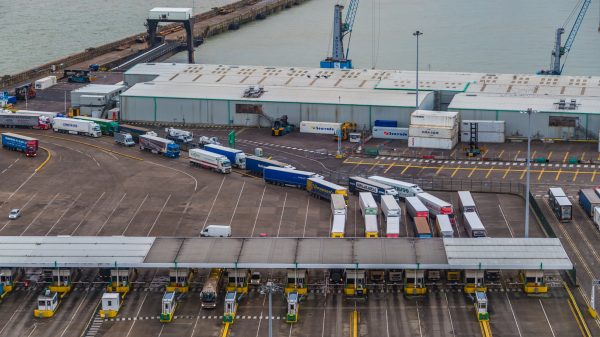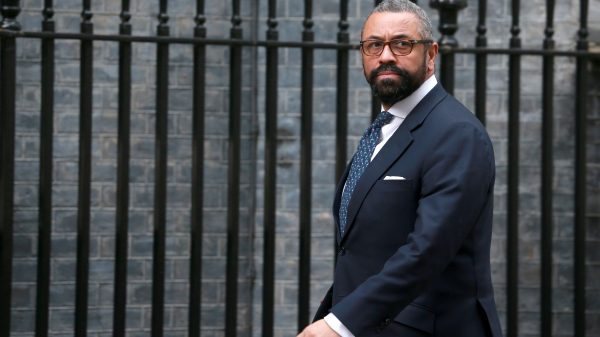UK food inflation is expected to “slowly and steadily decline” throughout 2023, with economists predicting it will stand around 9% in December.
According to the Office for National Statistics, food inflation eased slightly to 18.4% in May.
While IGD chief economist, James Walton, predicts the value to sit around 9%, he added that “widespread price cuts are unlikely at this time and a depressed volume of sales is expected until March 2024”.
IGD analysis also shows that UK families will struggle for some time, as 66% of lower income households are reducing spend on groceries.
Over half (54%) are limiting the amount of food and drink consumed at home, in comparison with 36% for higher income households.
Subscribe to Grocery Gazette for free
Sign up here to get the latest grocery and food news each morning
In a bid to help shoppers save amid the cost-of-living crisis, many of the UK’s leading supermarkets have made price cuts.
Earlier this month, Tesco cut the price of more than 500 household essentials, with average savings of 13%.
Sainsbury’s has also expanded Nectar Prices to meat, fish and poultry for the first time, now offering discounts on around 3,500 products in total, and Morrisons has unveiled its seventh round of price cuts for the year.
Walton added that labour pressures “may be the industry’s Achilles’ heel, driving costs while undermining capacity.
“Resolving this is key to long-term industry resilience and the focus on this issue will increase as it becomes more urgent. This comes as consumer confidence is low.”










